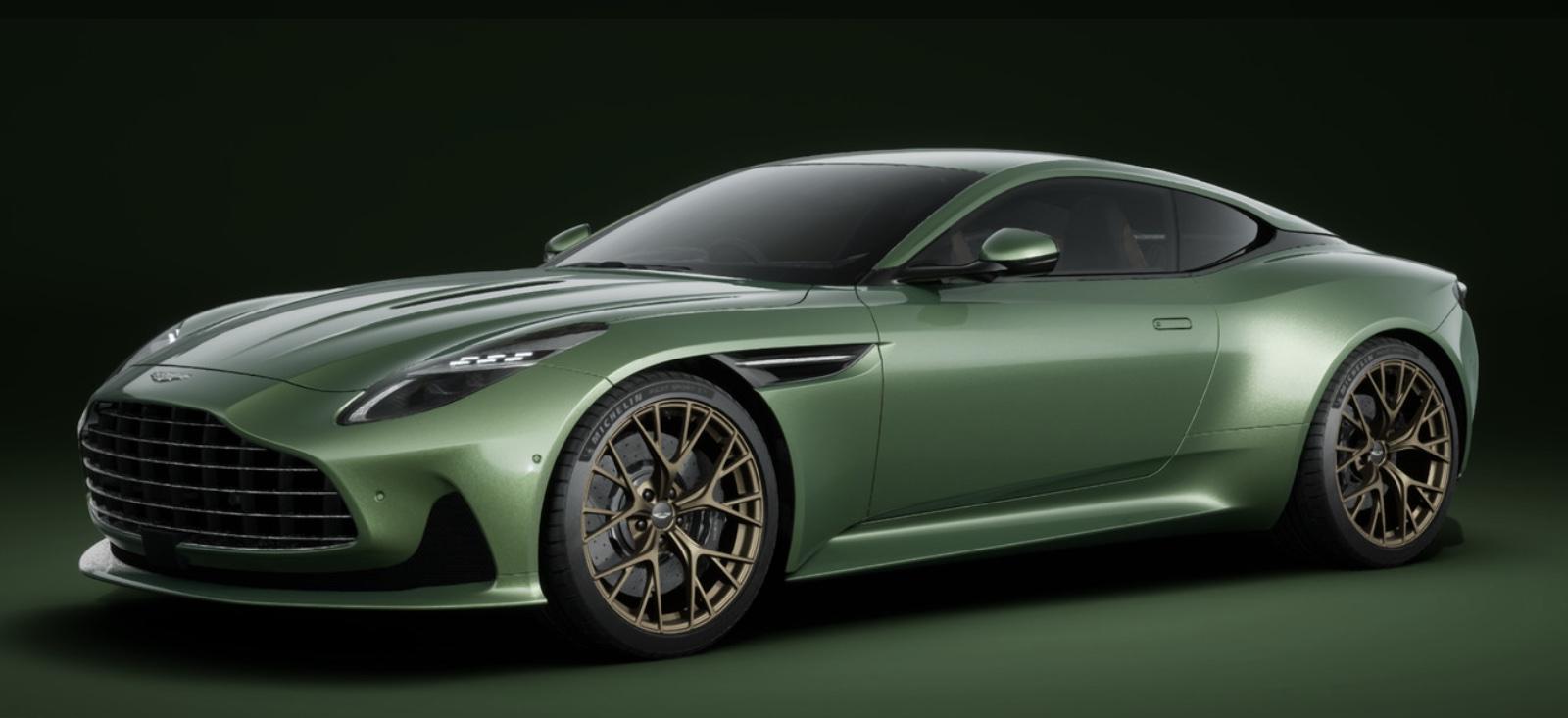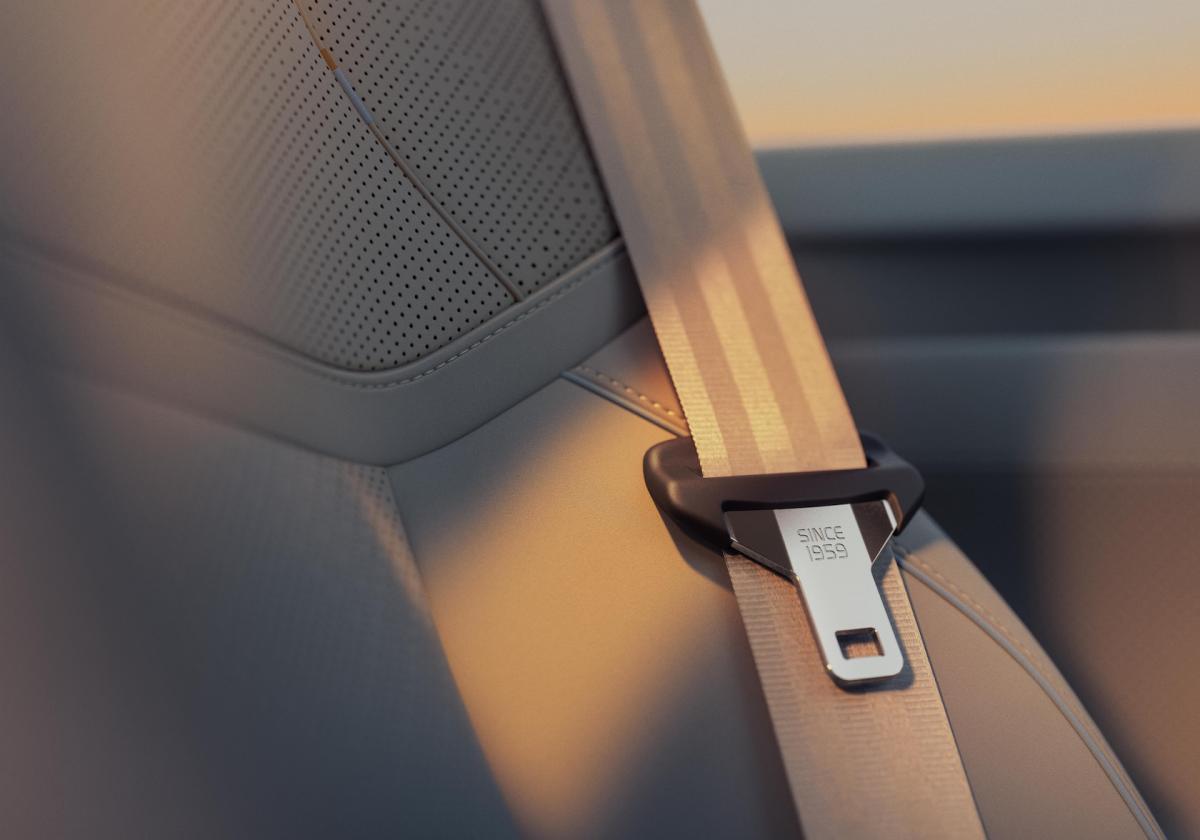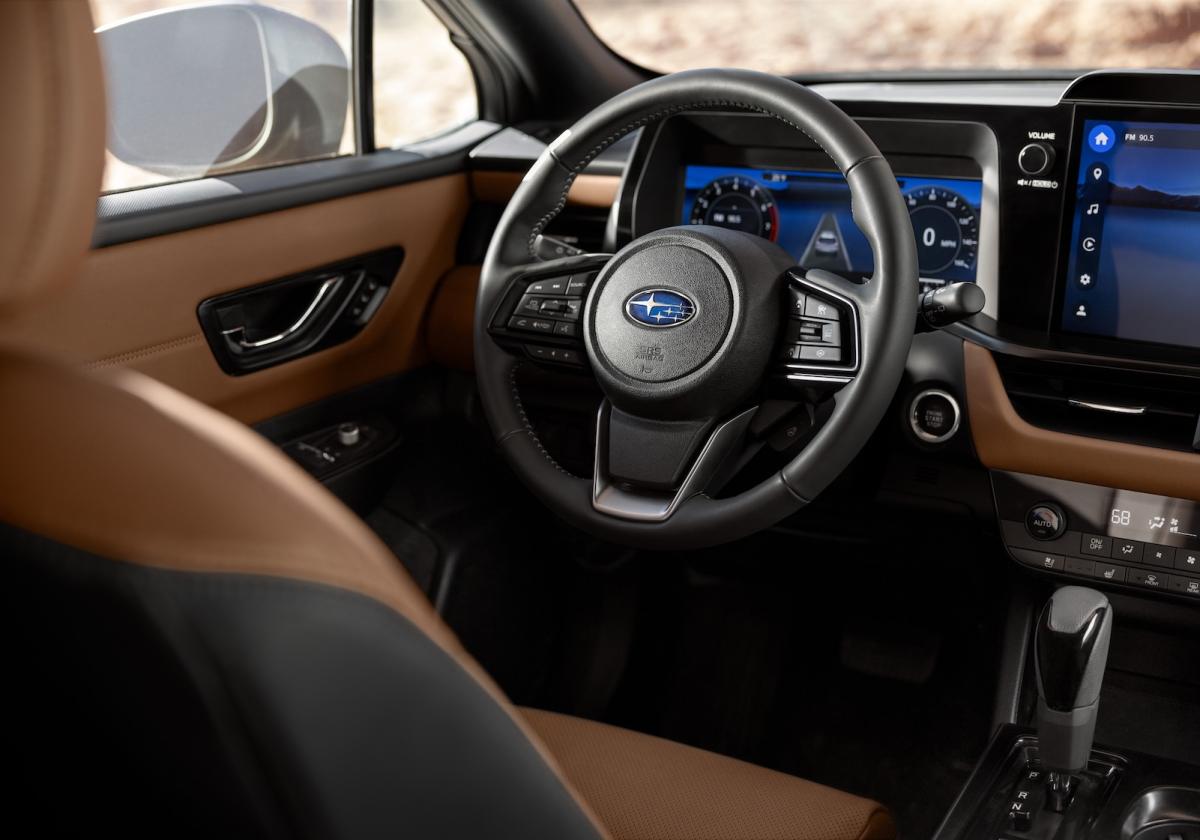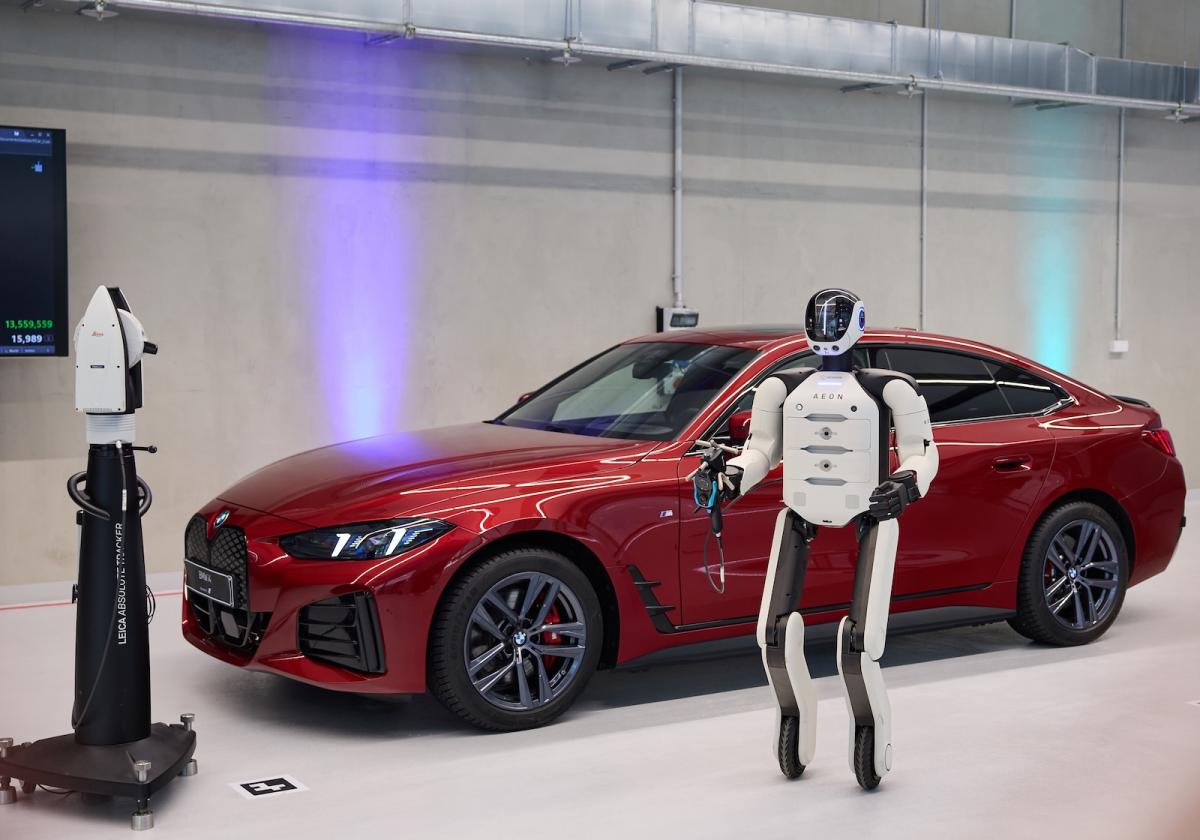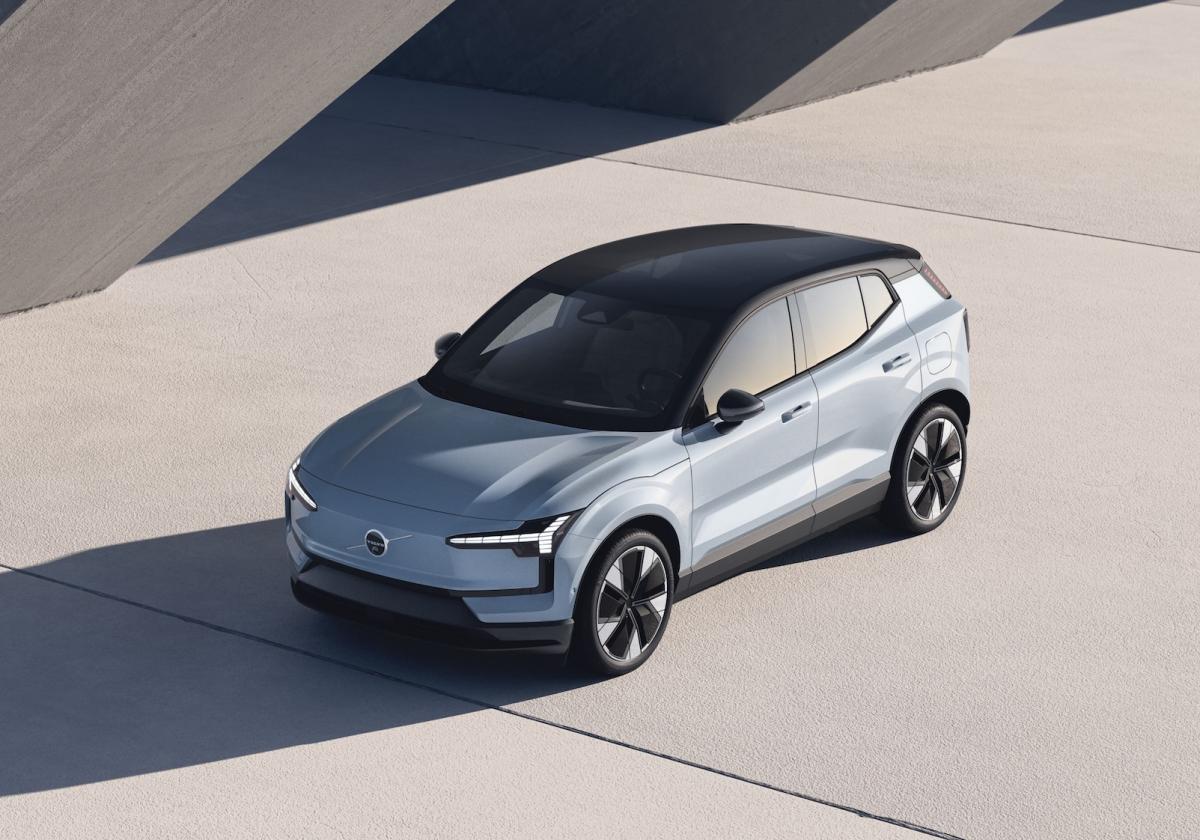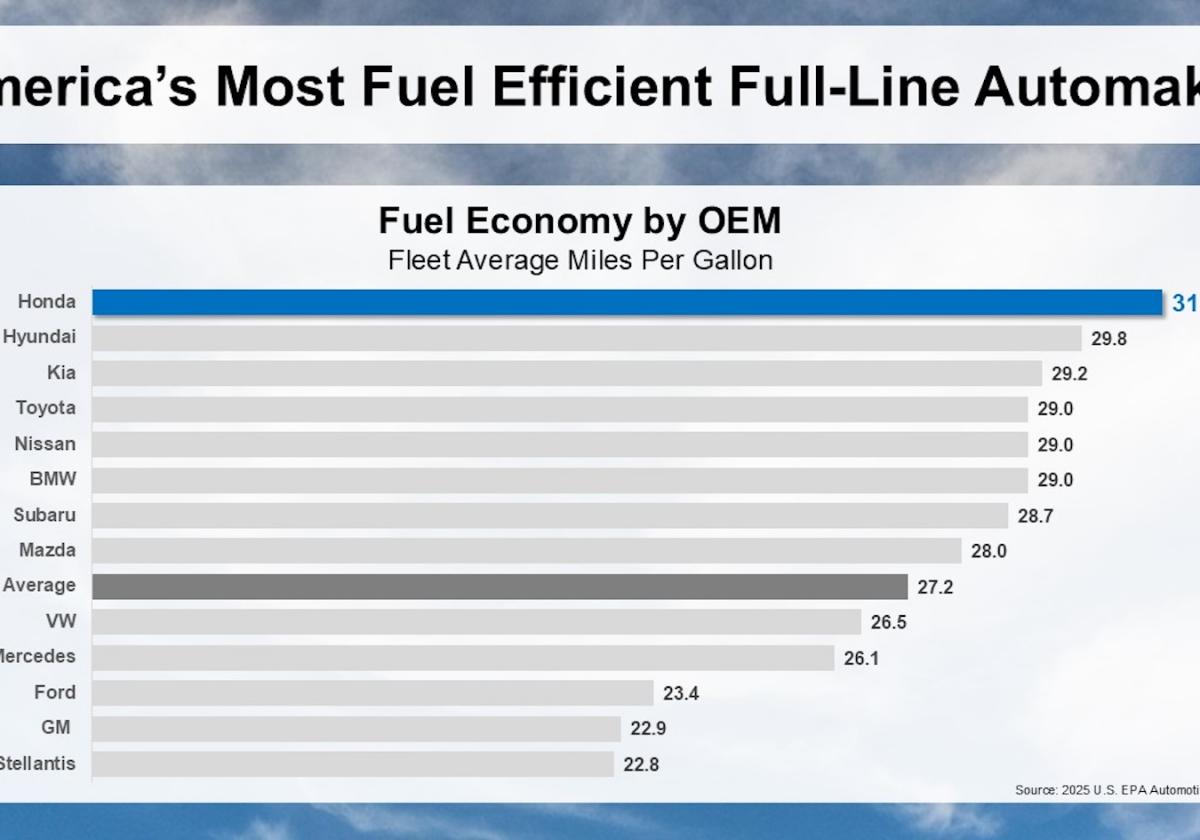Electrification is finally taking hold with supercar makers. Lamborghini recently unveiled its first electric car — the Landazor, while Ferrari offers a series production PHEV in the SF90 Stradale. Now Aston Martin is finally considering fitting both the DB12 and Vantage with plug-in hybrid powertrains. But it won’t do the same with the new Vanquish which will stay very much naturally aspirated and powered by a V12.
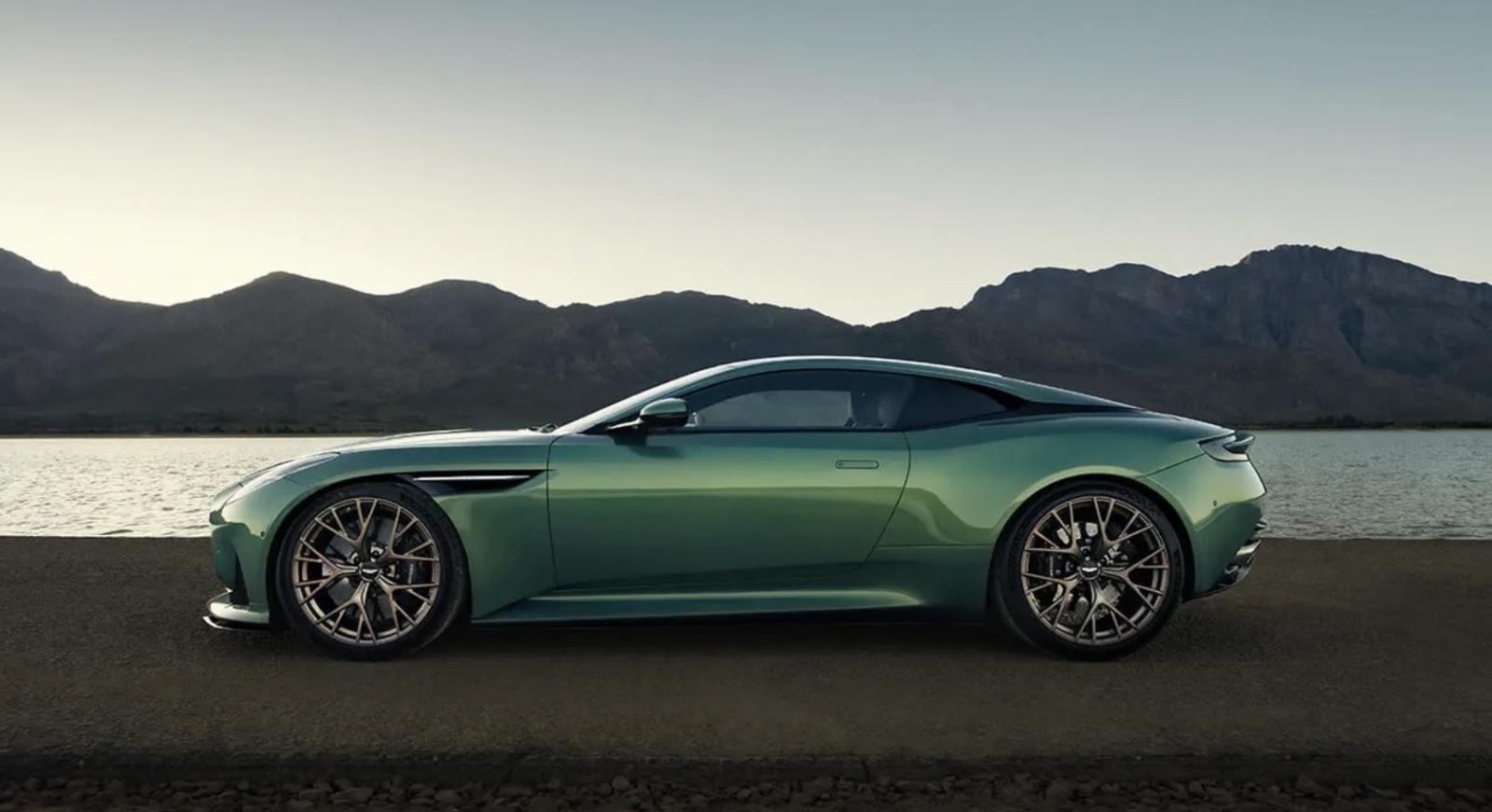
Aston has rescheduled its first electric vehicle (EV) due to the waning demand for battery-powered sports cars, but it has confirmed that it would employ plug-in hybrid electric vehicles (PHEVs) as a transitional technology on the path to pure electrification. Later this year, the brand-new Valhalla supercar—which will feature an electrified V8 engine from powertrain provider Mercedes-AMG—will become the company’s first plug-in hybrid.
“We have an open mind in all technologies right now,” said Aston engineering chief Simon Newton responding to a question on whether the DB12 and Vantage might follow suit with PHEV power. Notably, the 4.0-liter V8 engine used in AMG’s top-of-the-line PHEVs is already used in both of those cars.
Vanquish to get 824-hp V12 — and not electric motors!
But when queried about whether the Vanquish – which debuted this week with a mighty 824-hp 5.2-litre V12 – would employ the same powertrain, Newton said the V12 “defines the car,” and added “the V12 we chose betters the menu. We haven’t paid the weight penalty. It’s a rather analogue but highly sophisticated experience, and that’s what we aimed for.”
“V12 power compared with PHEV power is not the same,” said product leader Alex Long. It is currently not possible to provide a respectable [electric-only] range if a weight penalty is to be implemented.
Aston Martin Chairman Lawrence Stroll explained the company’s February decision to switch to plug-in hybrids by stating that future electric vehicles were “not going away” but would take “a slight delay”.
“We believe that the consumer demand [for EVs] is not at the pace that analysts and politicians thought,” Stroll remarked. Aston’s first electric vehicle (EV), rumoured to be a four-wheel-drive, high-riding GT, is now scheduled for release in 2026.
For as long as it is legal to do so, the business also intends to sell combustion engines. In February, Stroll expressed his belief that “demand for engines will always exist, even if it’s small.”
CARLIST THOUGHTS
It was inevitable. As the demand right now for fully electric supercars just does not warrant their production, high-end carmakers like Lambo, Ferrari and Aston will continue to offer the market what it wants — gasoline-powered or gasoline-electric powered cars. Pagani even came out last week saying that it was staying with gasoline-only because its clients had little interest in EVs.

